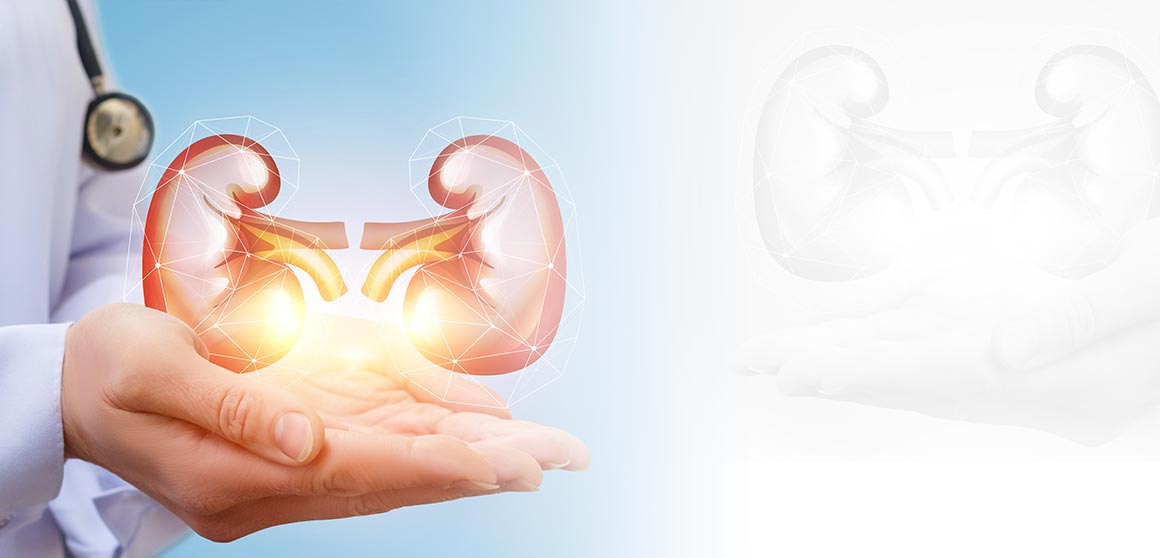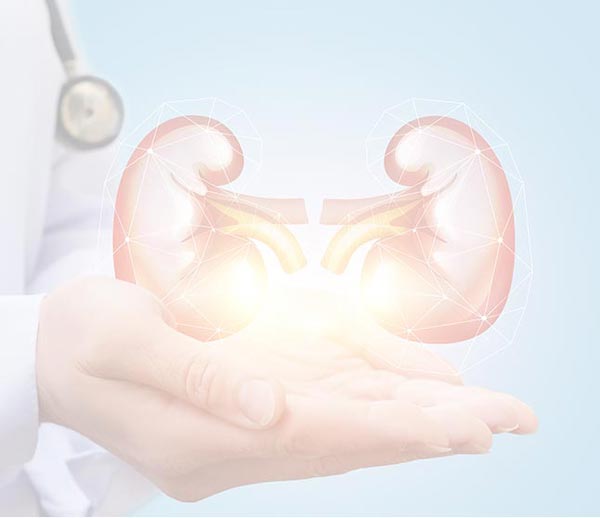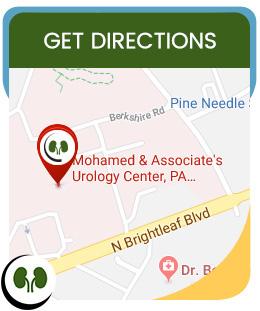Benign Prostate Enlargement Specialist Questions and Answers
If you are dealing with any signs or symptoms of benign prostate enlargement, visit Mohamed & Associated Urology Center in Smithfield NC, to meet with our specialists. For more information, call us today or visit us online to book an appointment.









